The Utah state school board recently ordered the removal of 13 book titles from every public school in the state in compliance with a new law passed earlier in the year, making it the first state in the nation to implement such a wide-ranging ban.
The books are being banned for containing “objective sensitive material” and include titles from beloved authors Judy Blume, Margaret Atwood and Sara J. Maas.
New State Law
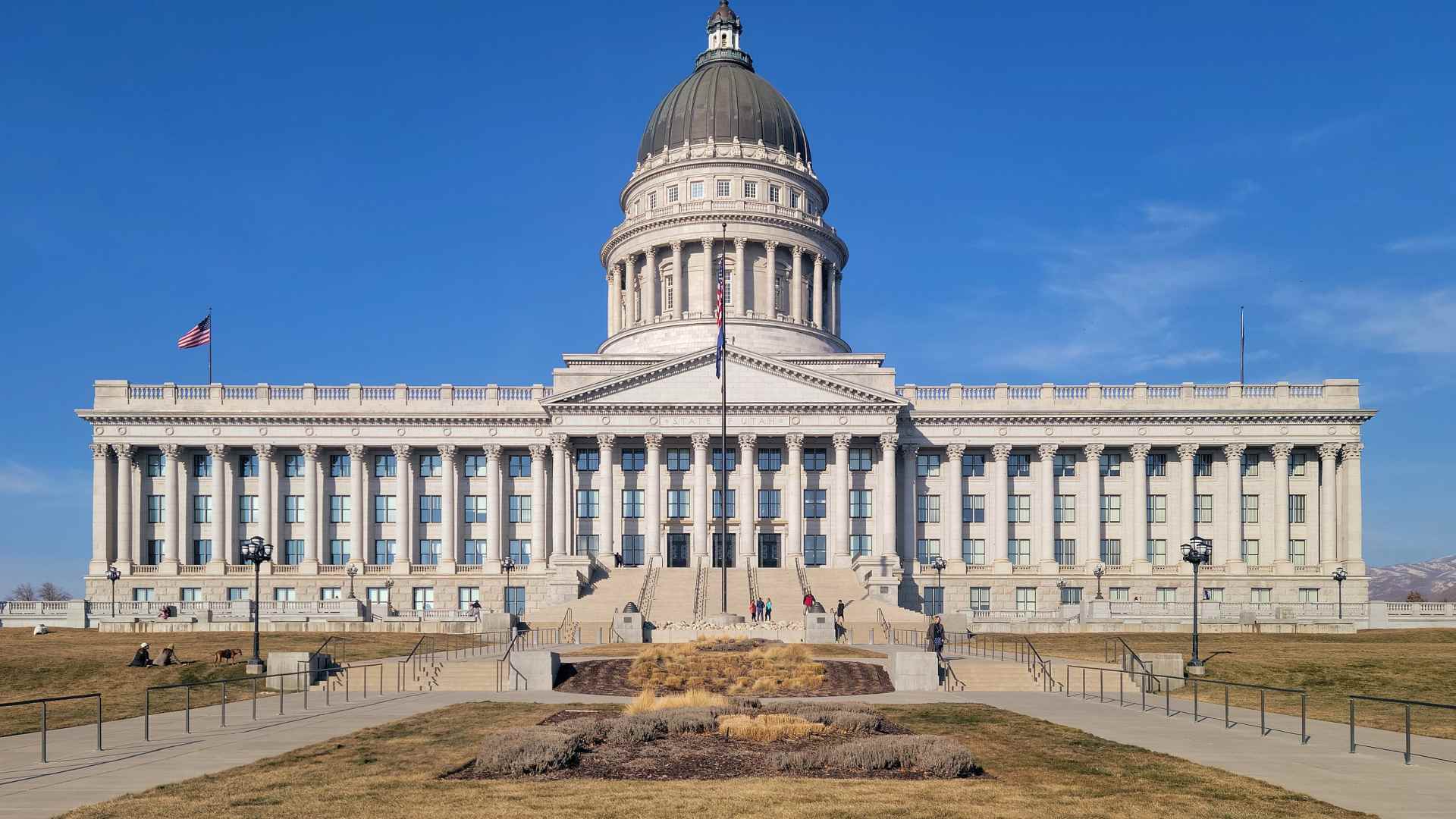
Utah Governor Spencer Cox signed a sensitive material bill into law in March called House Bill 29.
The bill establishes a threshold for banning books in the state, where a ban for a book title is triggered if at least three school districts or two school districts plus five charter schools classify the book as containing “objective sensitive material,” meaning it contains pornographic or “indecent” content.
Going Into Effect
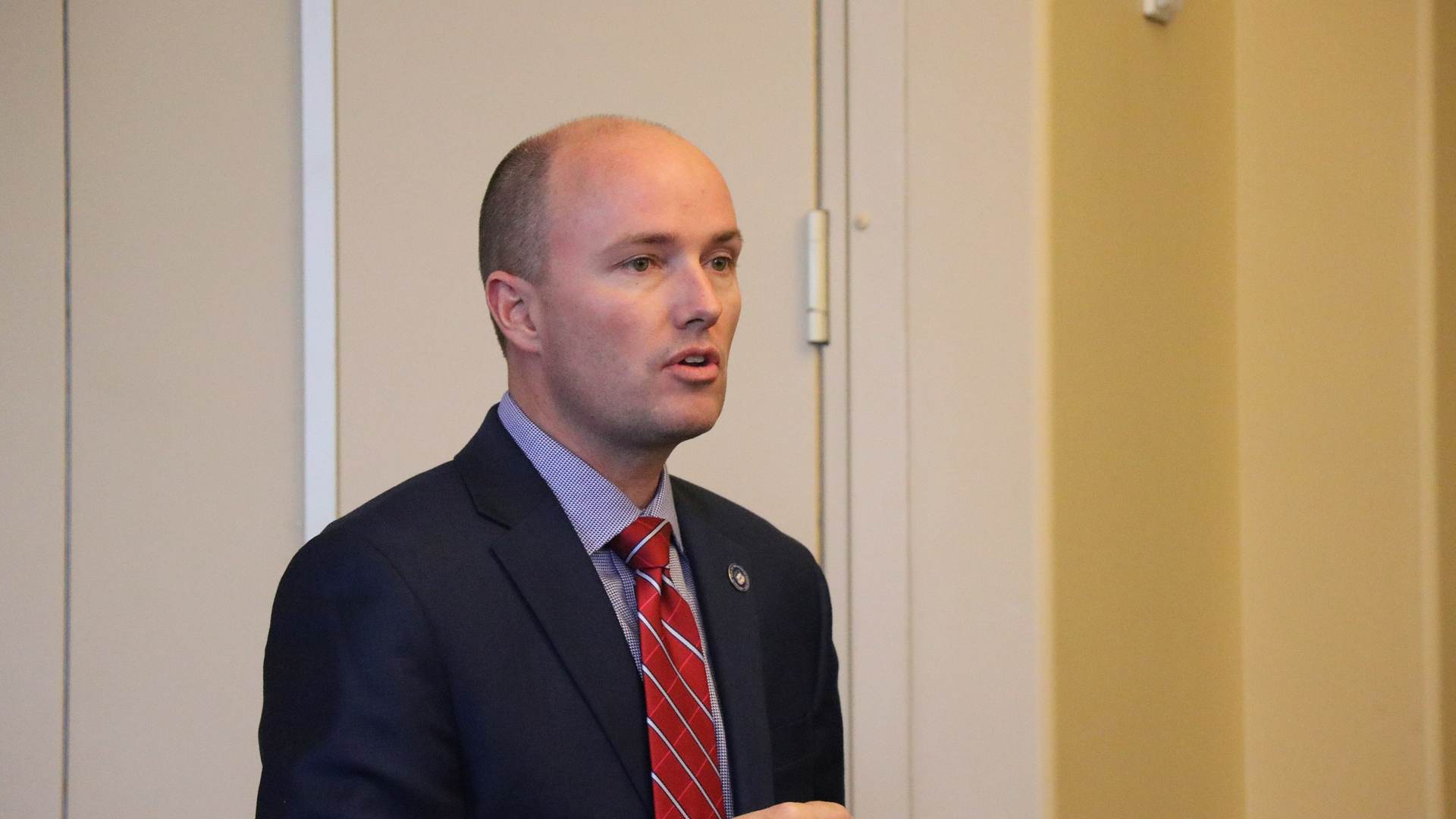
The law went into effect July 1 and applied retroactively. School districts and charter schools were then asked to evaluate books they had already decided they wanted to ban before the law went into effect, using the new “objective sensitive material” standard.
After some time evaluating the books, schools sent the list of banned titles to the Utah State Board of Education where they were aggregated and analyzed to see which book titles met the new law’s threshold for a ban.
The First Amendment
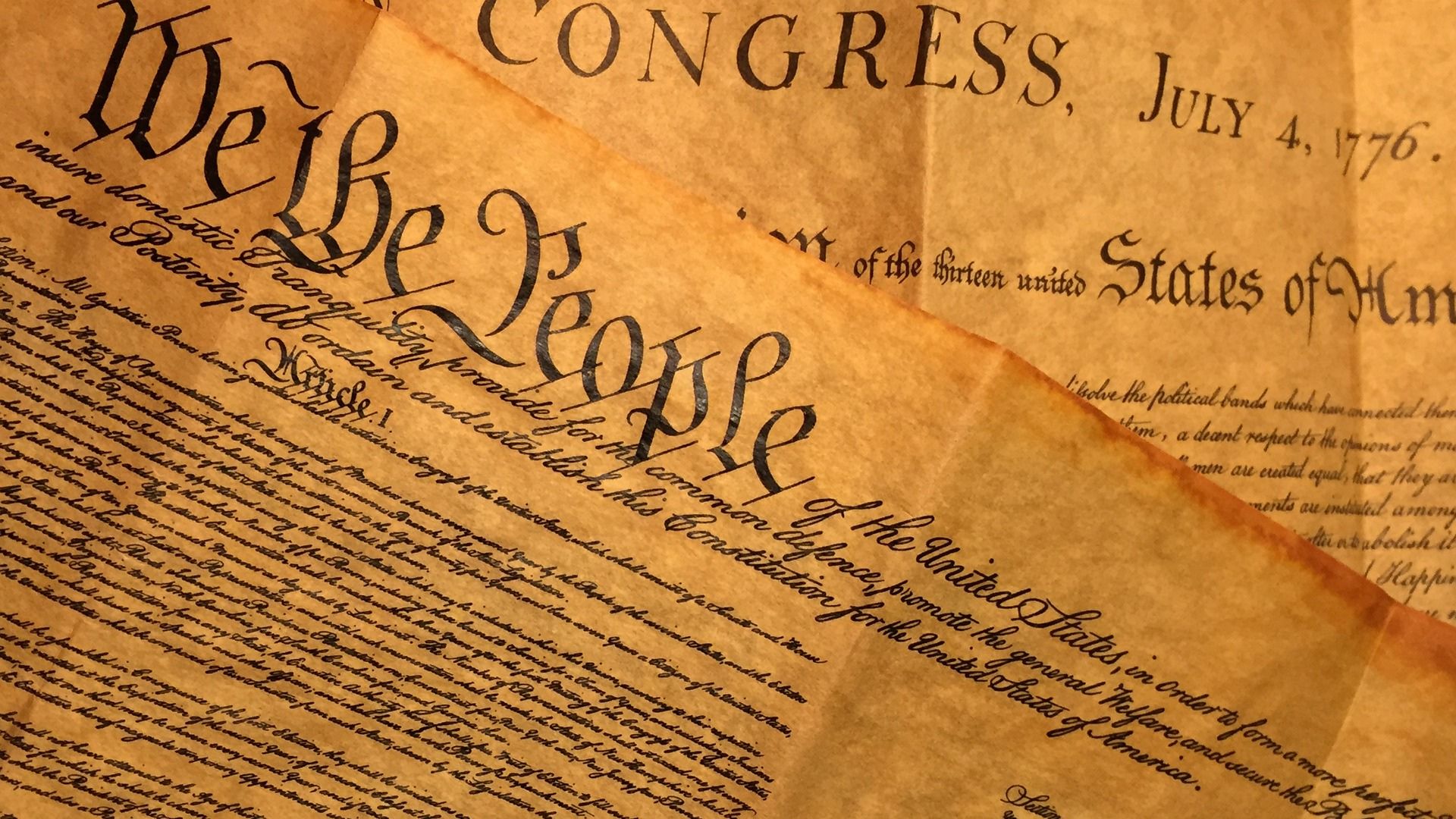
The H.B. 29 bill builds on the existing H.B. 374, which outlined the procedure for challenging books in the school system.
Rebekah Cummings of the Utah Library Association said before 2022, literary works used to be reviewed holistically. This is because literature falls under the protections of the First Amendment: Freedom of Speech. However, Cummings said there should be a balance for determining which materials are inappropriate for school libraries.
Objective Versus Subjective
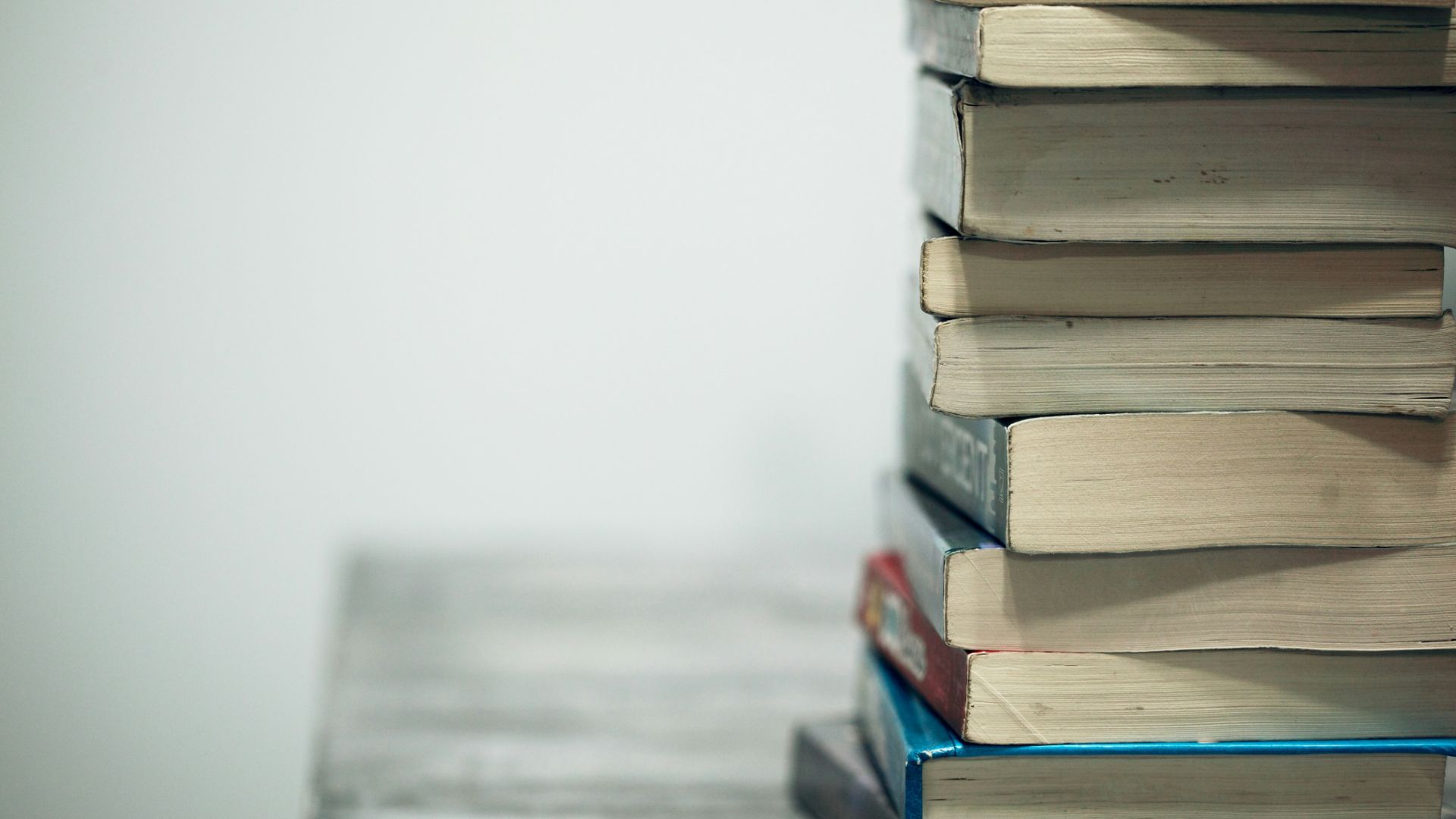
HB29 makes a distinction between objective sensitive material and subjective sensitive material where school district officials have the power to remove books with blatant sexual or pornographic passages more easily.
A book containing “subjective” sensitive material would have to pass a committee review process before being banned, whereas one with “objective” sensitive material gets to skip the committee review.
Books Banned
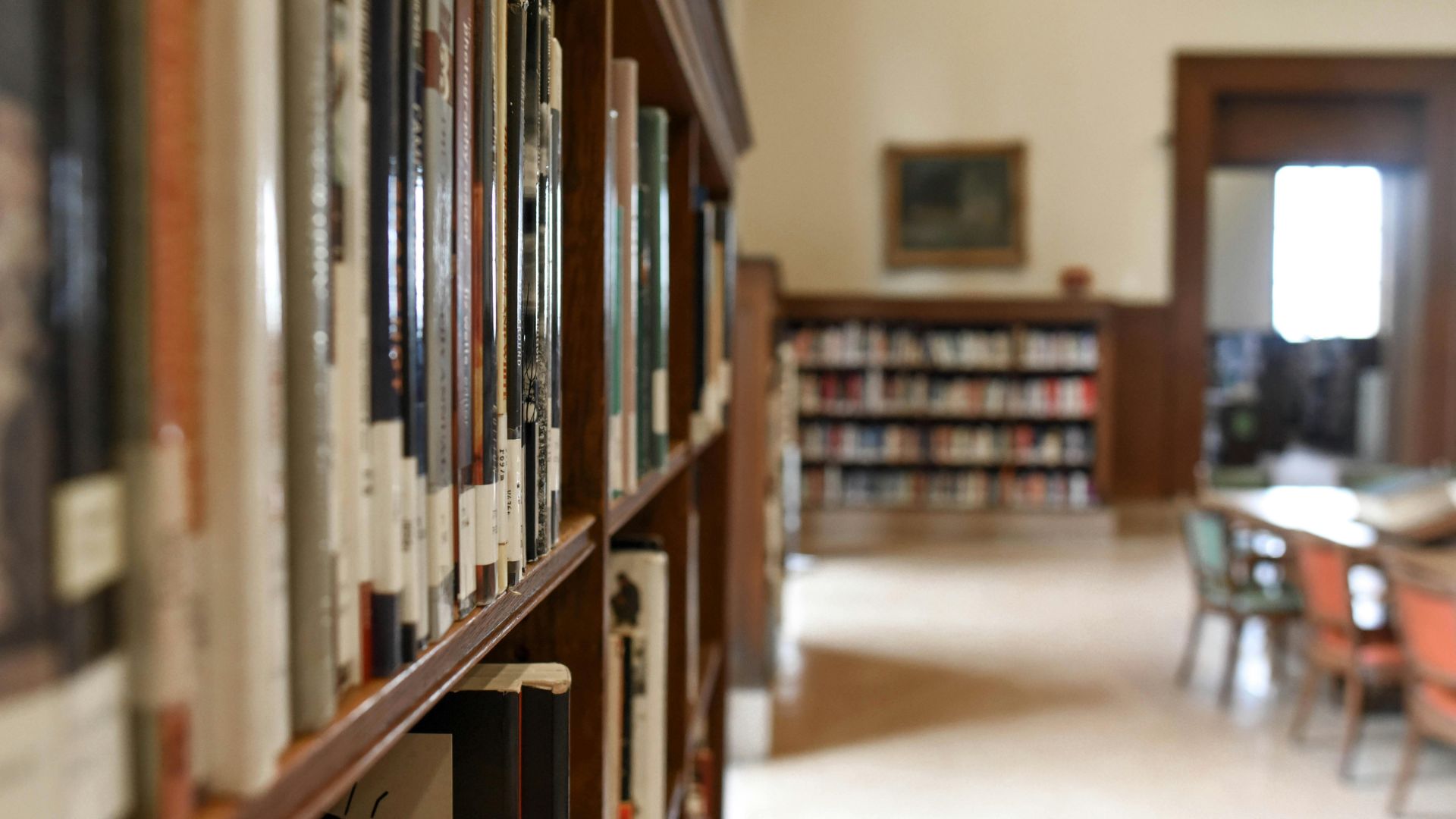
In compliance with the standards in the new law, the Utah State Board of Education released a list of thirteen books that would be outlawed who had their ban thresholds met on August 2.
These included book titles from authors Sarah J. Maas, Elana K. Arnold, Rupi Kaur, Ellen Hopkins, Margaret Atwood and Craig Thompson.
What Titles Were Outlawed?
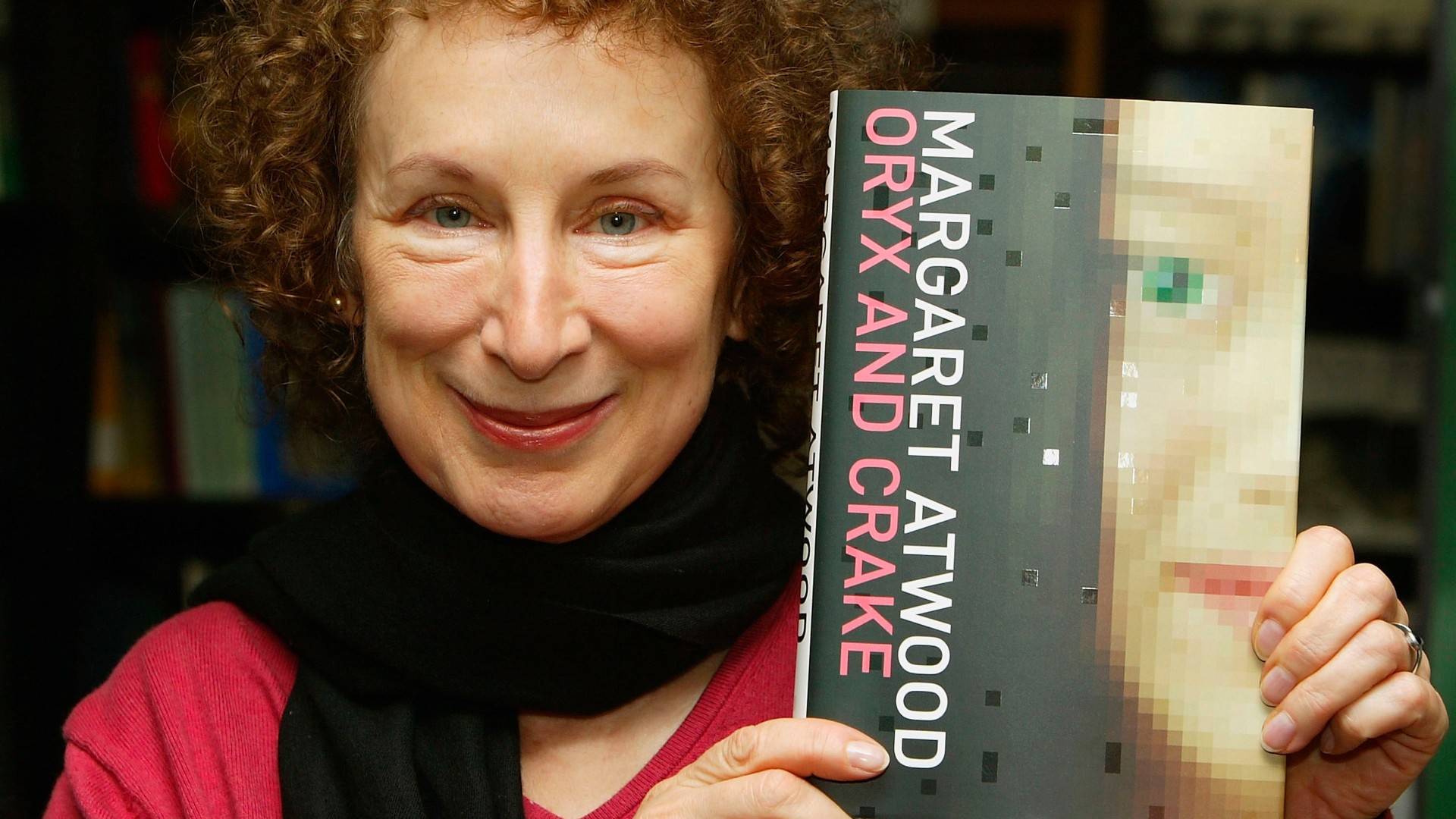
Five books in the Maas series “Court of Thorns and Roses” were on the chopping block, as well as her book “Empire of Storms” from the “Throne of Glass” series, making her the most banned author on the list at six books.
Other banned titles included “Oryx and Crake” by Atwood, “Blankets” by Craig, “Tilt” and “Fallout” by Hopkins, “Forever” by Blume, “Milk and Honey” by Kaur and “What Girls Are Made Of” by Arnold.
What Are the Books About?

The bill states that “objective sensitive material” is enough to warrant a book ban.
What constitutes sensitive material tends to be sexuality. Poet Rupi Kaur’s book, “Milk and Honey,” touches on romance, loss, violence and abuse from a feminine perspective. Judy Blume’s “Forever” is a coming-of-age novel that also deals with topics around sexuality. Atwood’s “Oryx and Crake” has been subjected to banning several times because of its sexual and graphically violent content.
Concern From Residents
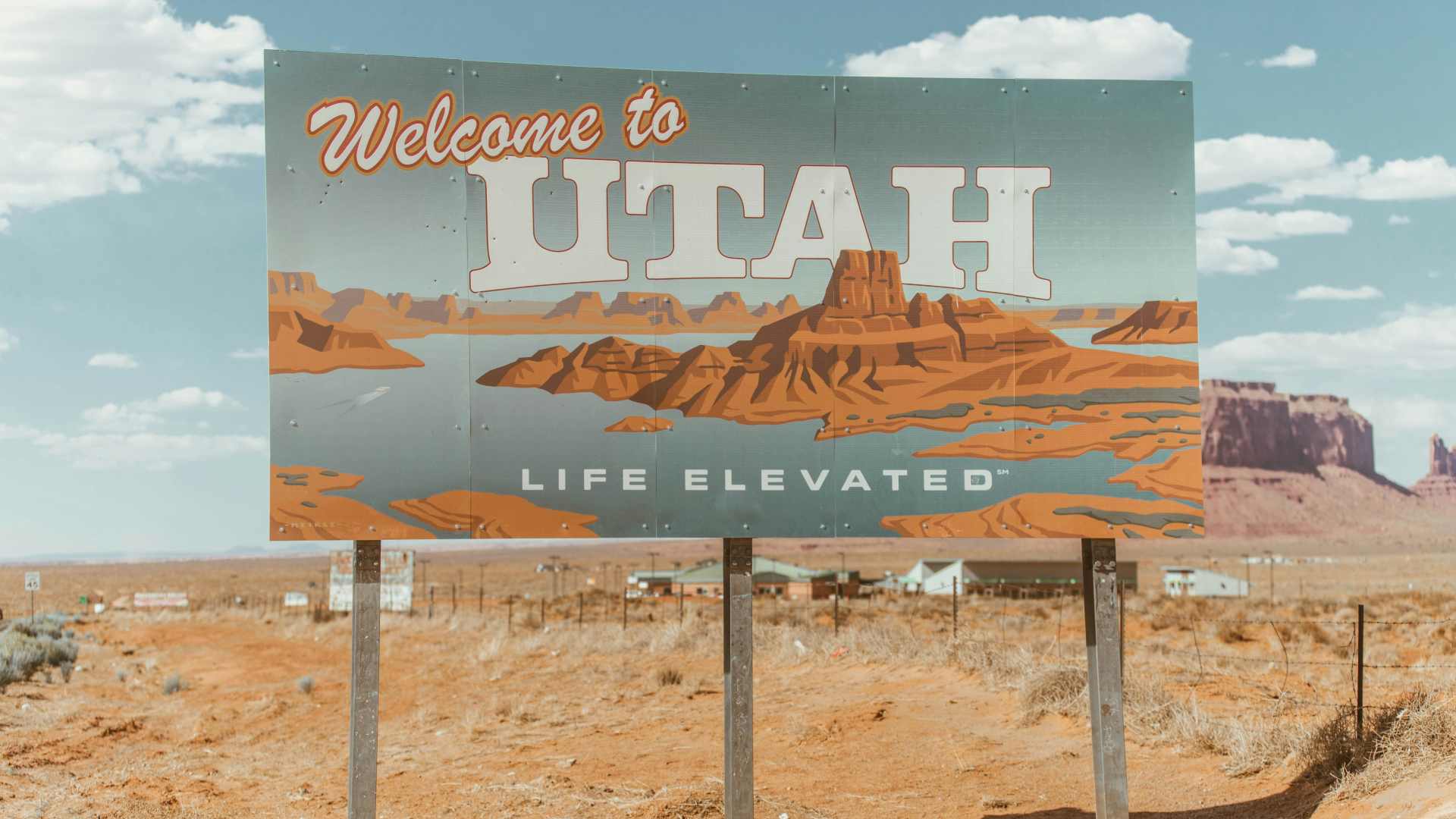
When the news of the ban broke, many expressed worry about the overreach of government censorship.
“We are very concerned that authors such as Judy Blume and Margaret Atwood are being classified as pornography in Utah,” wrote the Utah Library Association on X. “HB29 is an unconstitutional overreach.”
Women Authors Targeted
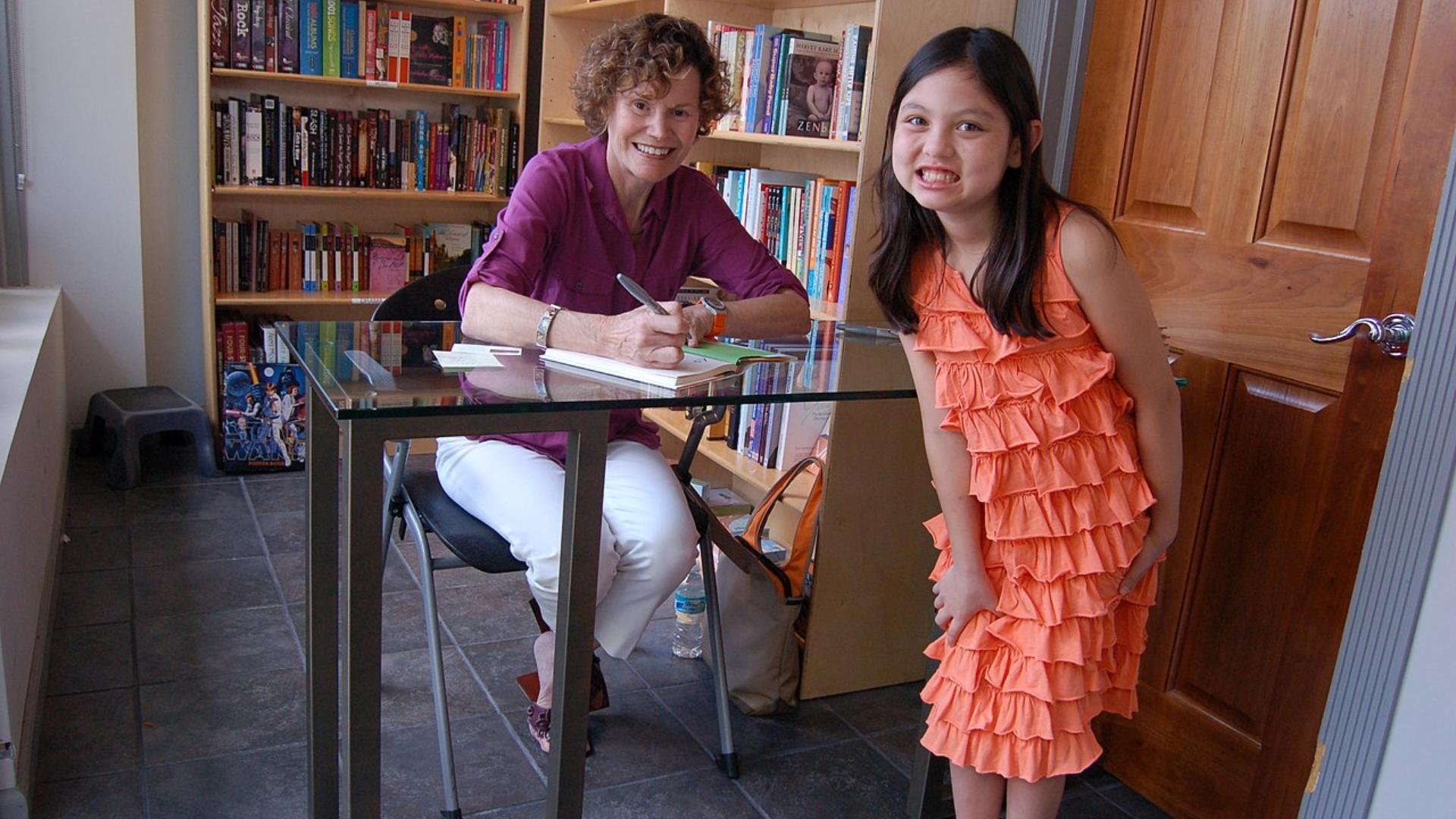
Some reacting to the story online pointed out that 12 of the 13 books on the new ban list were written by female authors, which caused some to see the ban as targeting women.
“Conservatives only want women to be creative in one sense — creating babies,” said one Reddit user.
Sensitive Material

While the bill outlines the legal procedure for books that contain “objectively sensitive materials,” it is unclear what counts as sensitive.
“Sensitive materials” often encompass gender identity, sexual orientation, race and racism, which, according to Caldwell-Stone, has already been seen on a local level. Many banned books (predominantly written by women) depict sex and sexual assault or violence.
‘A Tragedy’
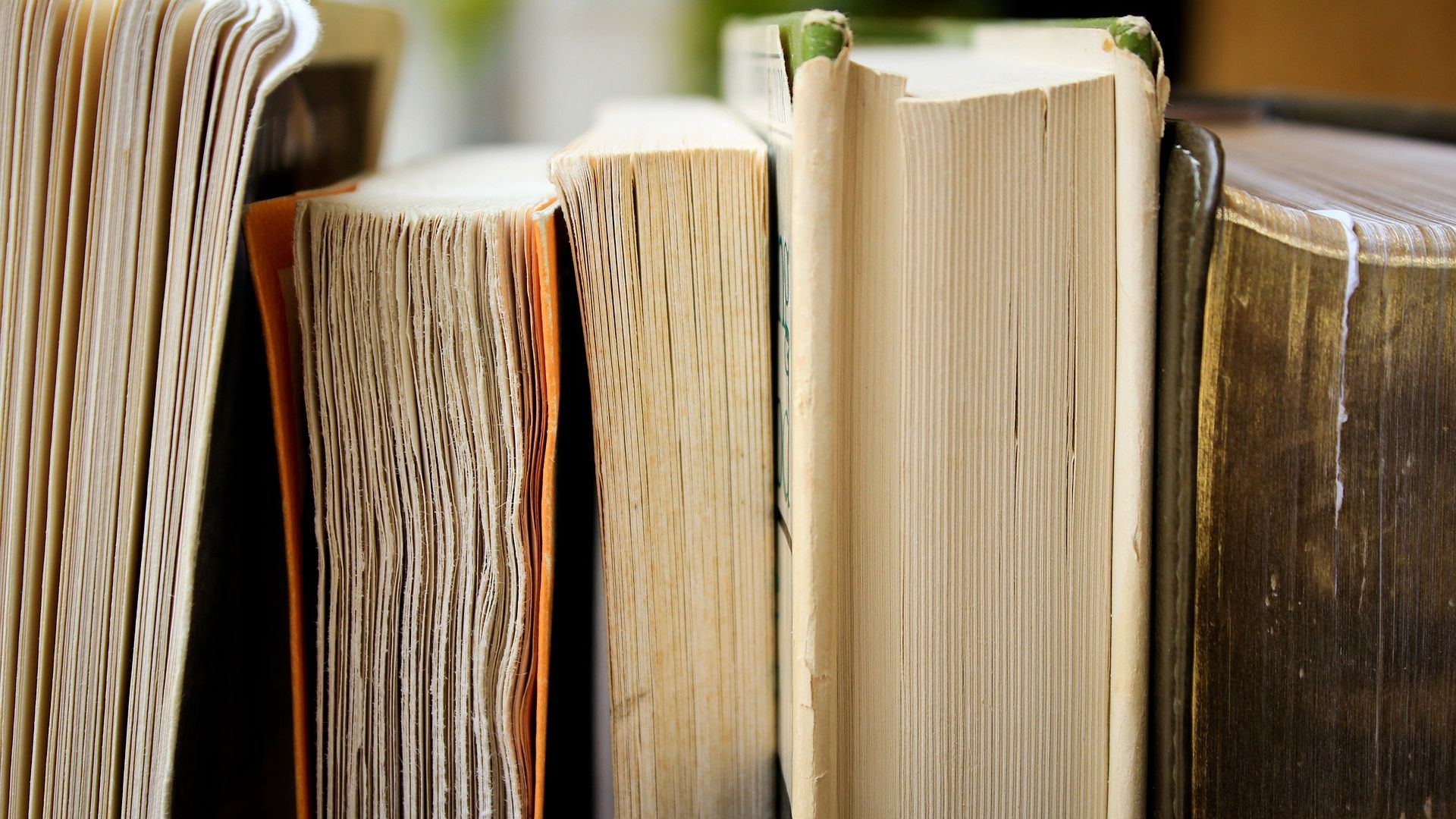
Deborah Caldwell-Stone, director of the American Library Association’s Office for Intellectual Freedom, said that Utah’s new bill is “a tragedy.”
Caldwell-Stone said many of the banned books are revered by readers and critics alike. She said: “None of them come anywhere near to meeting the definition of illegal materials and, arguably, they have a place on the shelf for voluntary reading for students for whom they’re developmentally appropriate.”
The Old Method
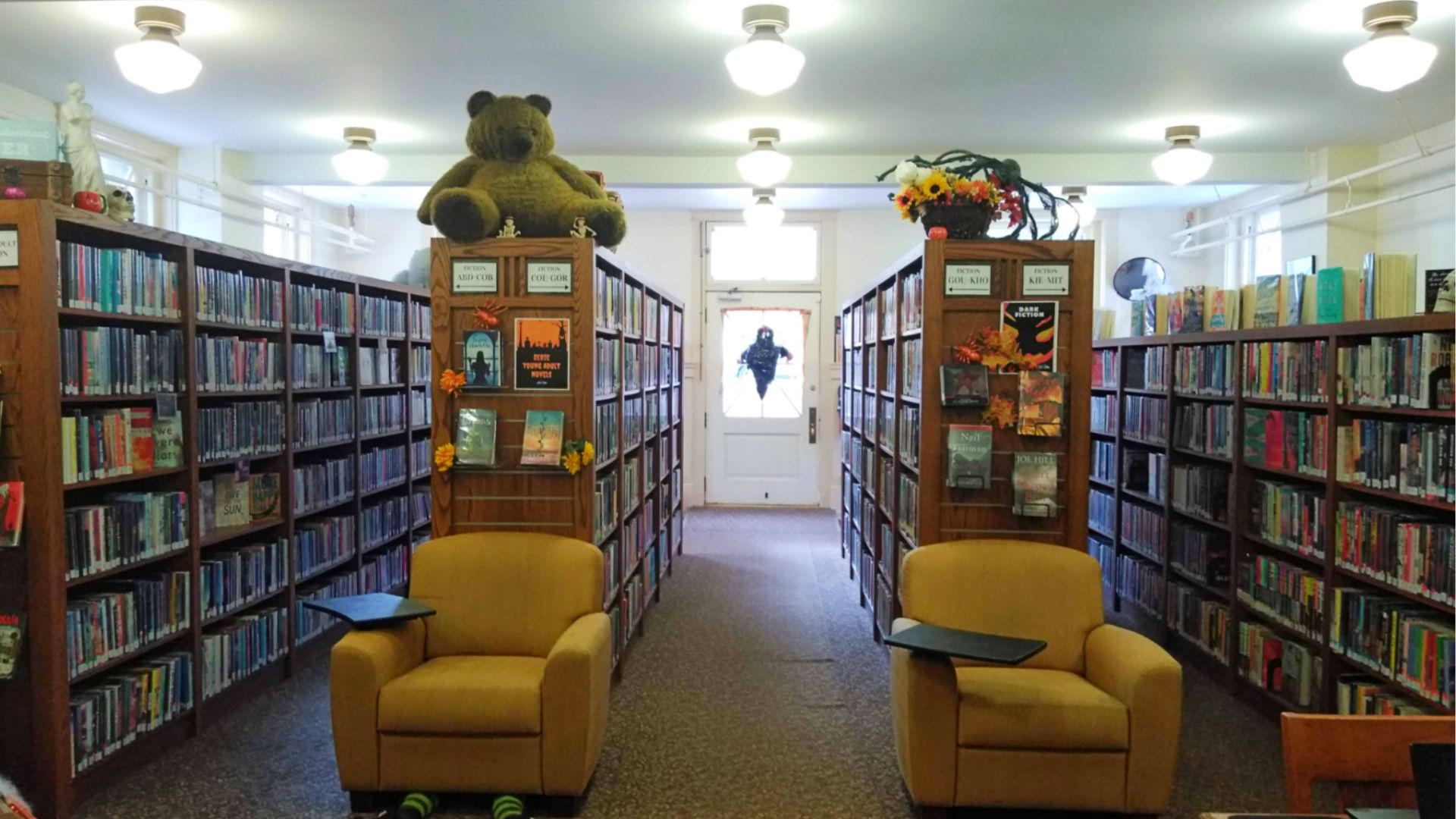
Before 2022, librarians already had a method to decide which books are appropriate for children.
The SLAP method means the books should have “serious, literary, artistic, political or scientific merit.” While some books can make their readers uncomfortable, if they meet the SLAP standards, situations like assault or sexuality can give support and relatability to readers.
Blaming Republicans
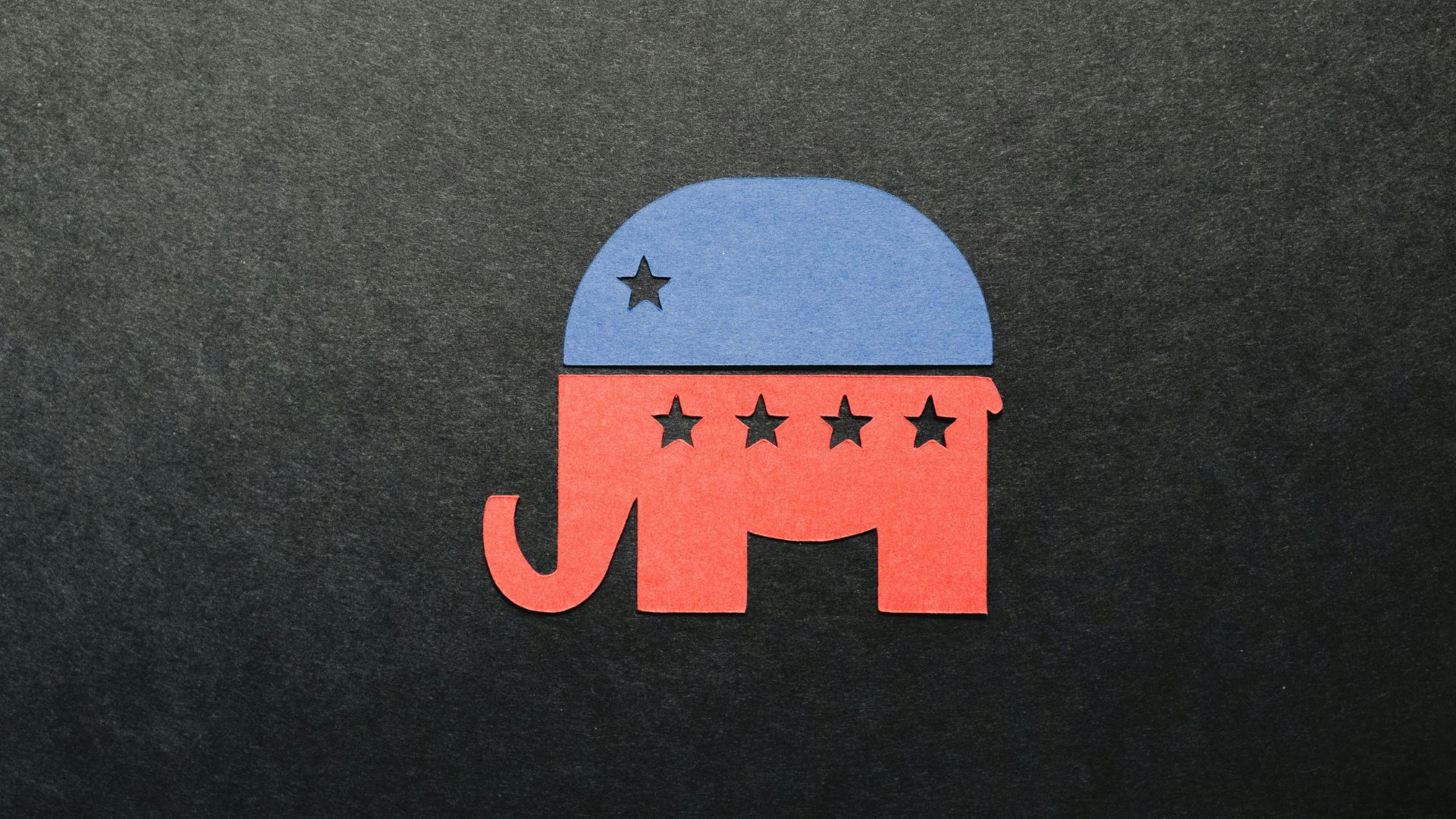
Book enthusiasts were quick to blame Republicans for the bans, given Governor Cox’s party affiliation.
“Utah seems to be the first U.S. state to openly curb freedom of expression. @SpencerJCox (obviously from the Republican party) presides over the state that has listed 13 books banned statewide. Reminiscent of 1930s Germany. Utterly backward thinking,” wrote an X user.
‘Protecting Children’
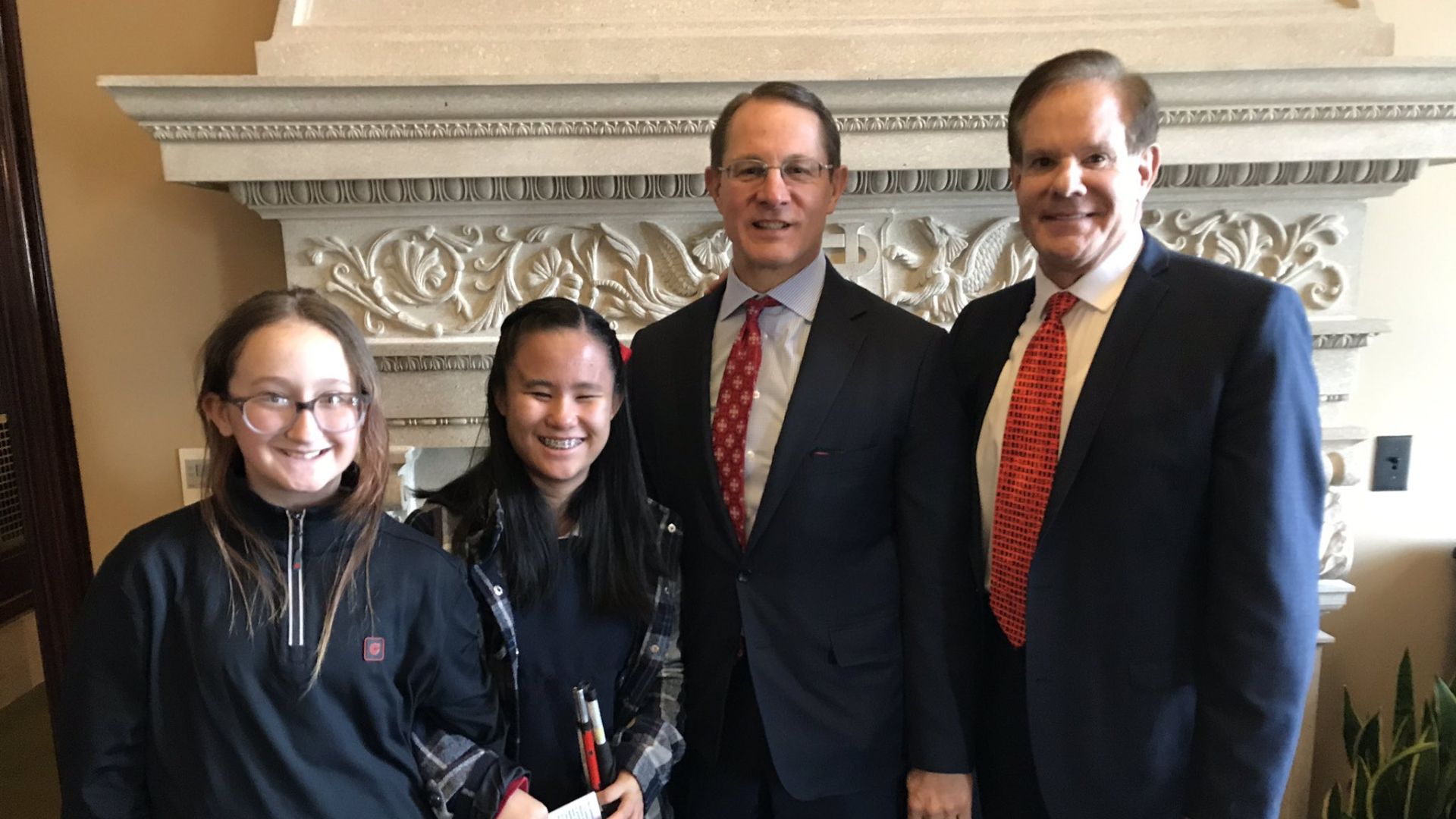
Utah’s state representative, Ken Ivory, argued that the bill would create more “uniformity” across the state regarding which books should be in public libraries.
Ivory has been trying to ban “pornographic” books for years alongside parent activists. He said he wants to protect children from sexually explicit books and noted that kids can still buy these texts in bookstores. In a House committee in February, Ivory was cut off by a point of order for trying to read a sexually descriptive passage from a book by Sarah J. Maas.
Supporting the Ban

While there were many commenters online who expressed concern over the ban, there were others defending and putting their support behind it.
“Some Judy Blume books are sexually explicit. Please stop pushing this filth on our kids you perv,” wrote X user Aaron Bullen, who shared an explicit passage from one of Blume’s books.
Tensions in the House
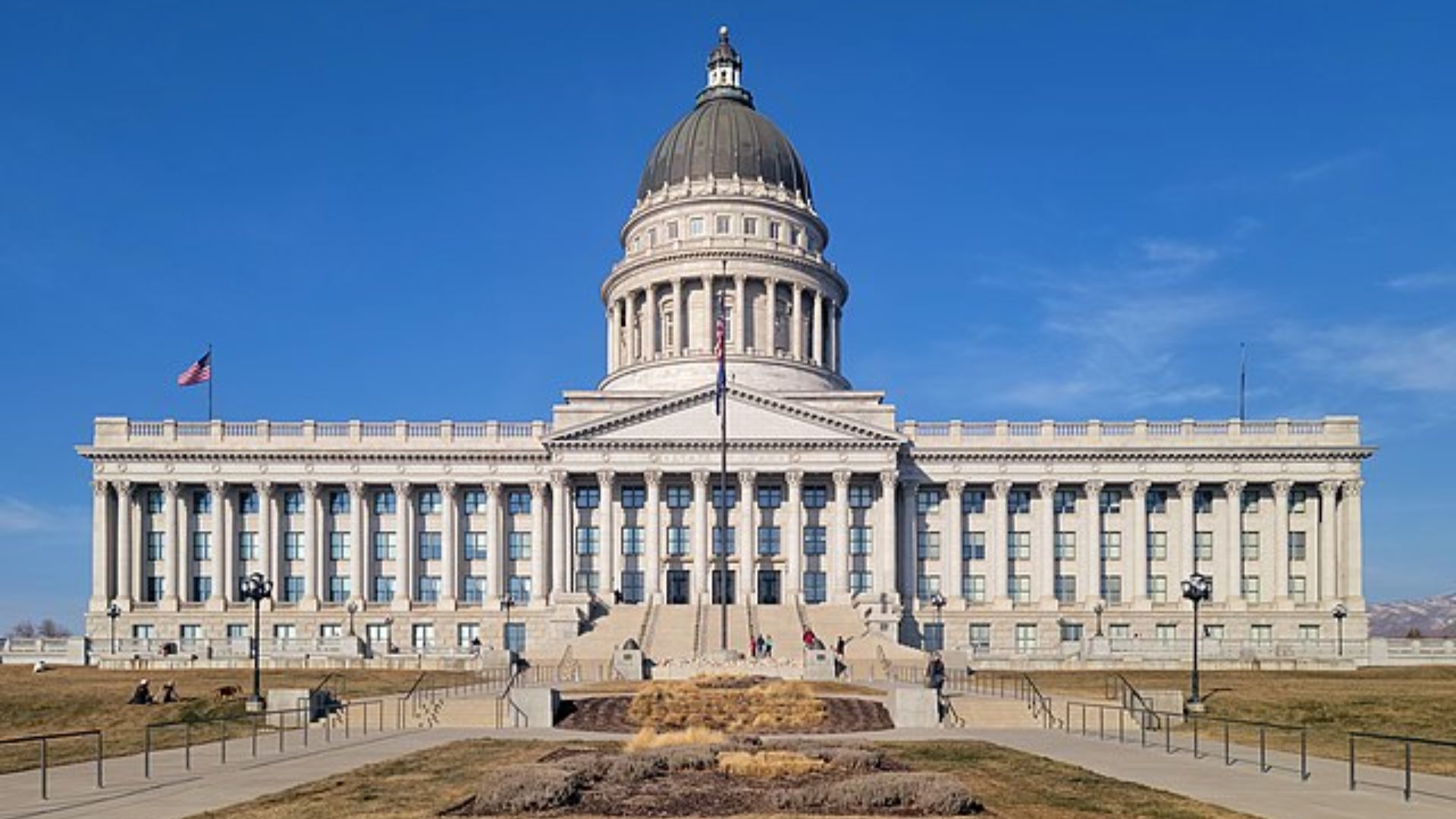
Not all Utah representatives agree on this bill. Rep. Carol Spackman Moss said: “This is the antithesis of local control. With this bill, just a couple of individuals can take away the rights of parents statewide to make choices that best fit their children’s needs.”
Regardless, the sentiments of Rep. Ken Ivory won over the House. Ivory argued: “It’s time that we stand for the good and the clean and the pure and the powerful and the positive for our children.”
Disposing Books

School districts in Utah that are in possession of books on the banned list have been ordered to “dispose” of them, though it is left up to the individual school district’s policy of what disposing of them means.
However, according to the state school board, this disposal cannot be done by selling the books or re-distributing them.
A Power Imbalance
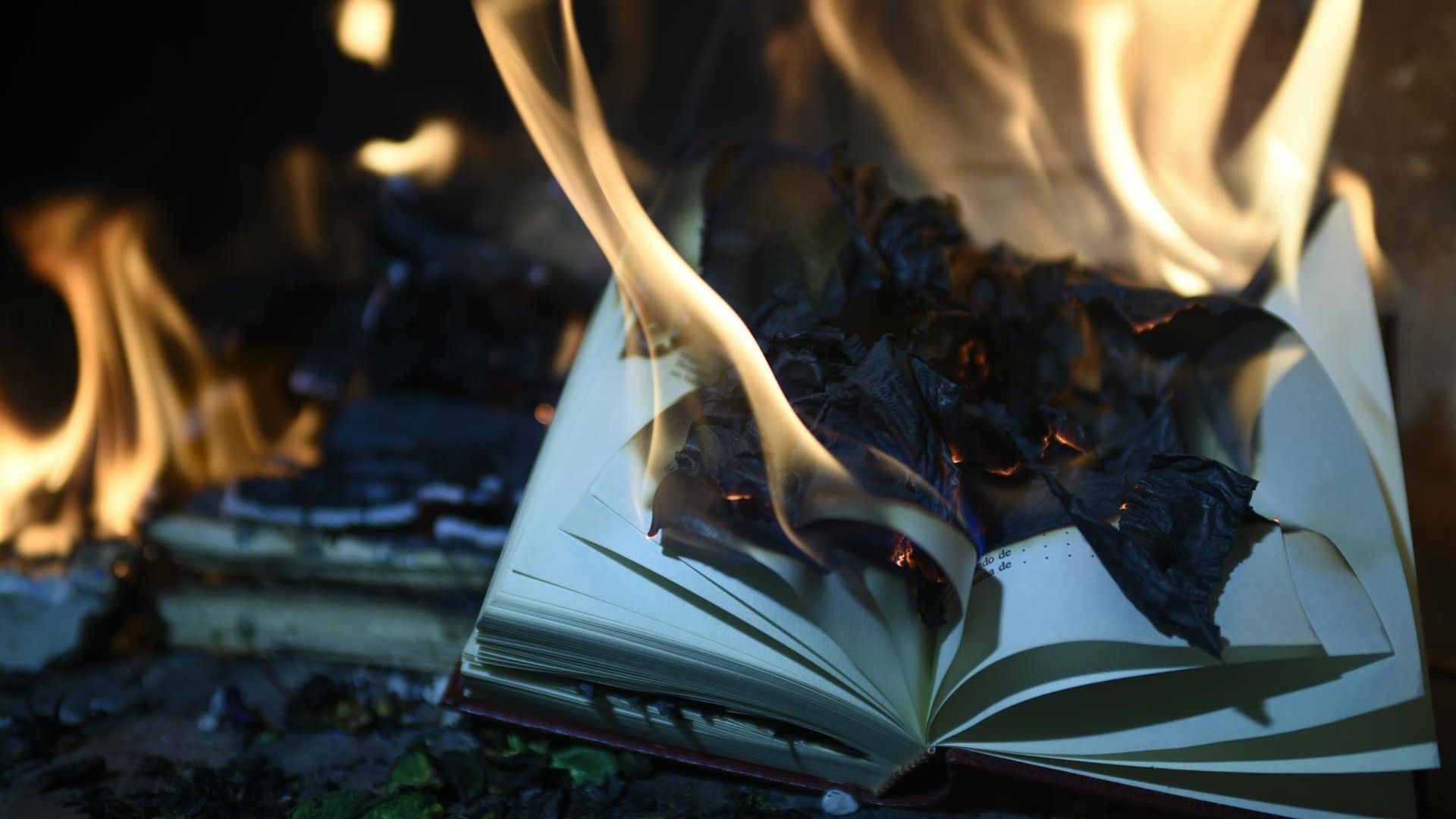
Critics have slammed the bill for creating a power imbalance between a vocal minority in the Republican-led state and those who use public libraries.
Caldwell-Stone said: “It really is an effort to allow a minority to dictate the contents of library shelves, and conform what’s on library shelves to their own political, religious and moral values.” She said the bill would have a “chilling effect” in which a few politicians would control the curriculum for every student in Utah.
The Benefits of Reading
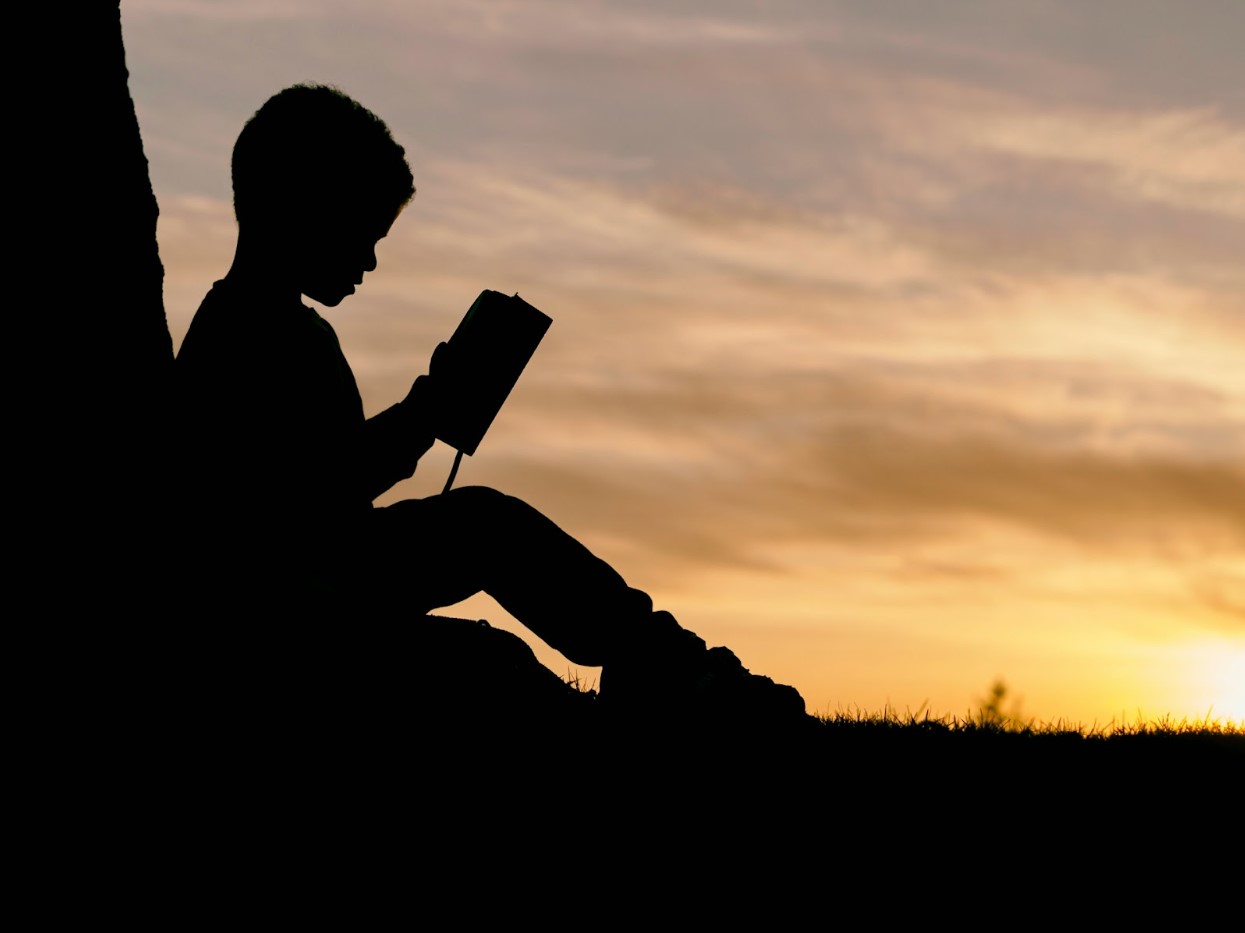
One of the benefits of literature is that it can make people feel less alone. The depiction of sexuality, violence and discrimination in books can also prepare readers for those kinds of events in life.
Cummings said: “It might be something that teens can connect with if they’ve had similar experiences, or it’s something that prepares teens who might experience things like that. Books are really important in that regard.”
Situations That Affect Utahns
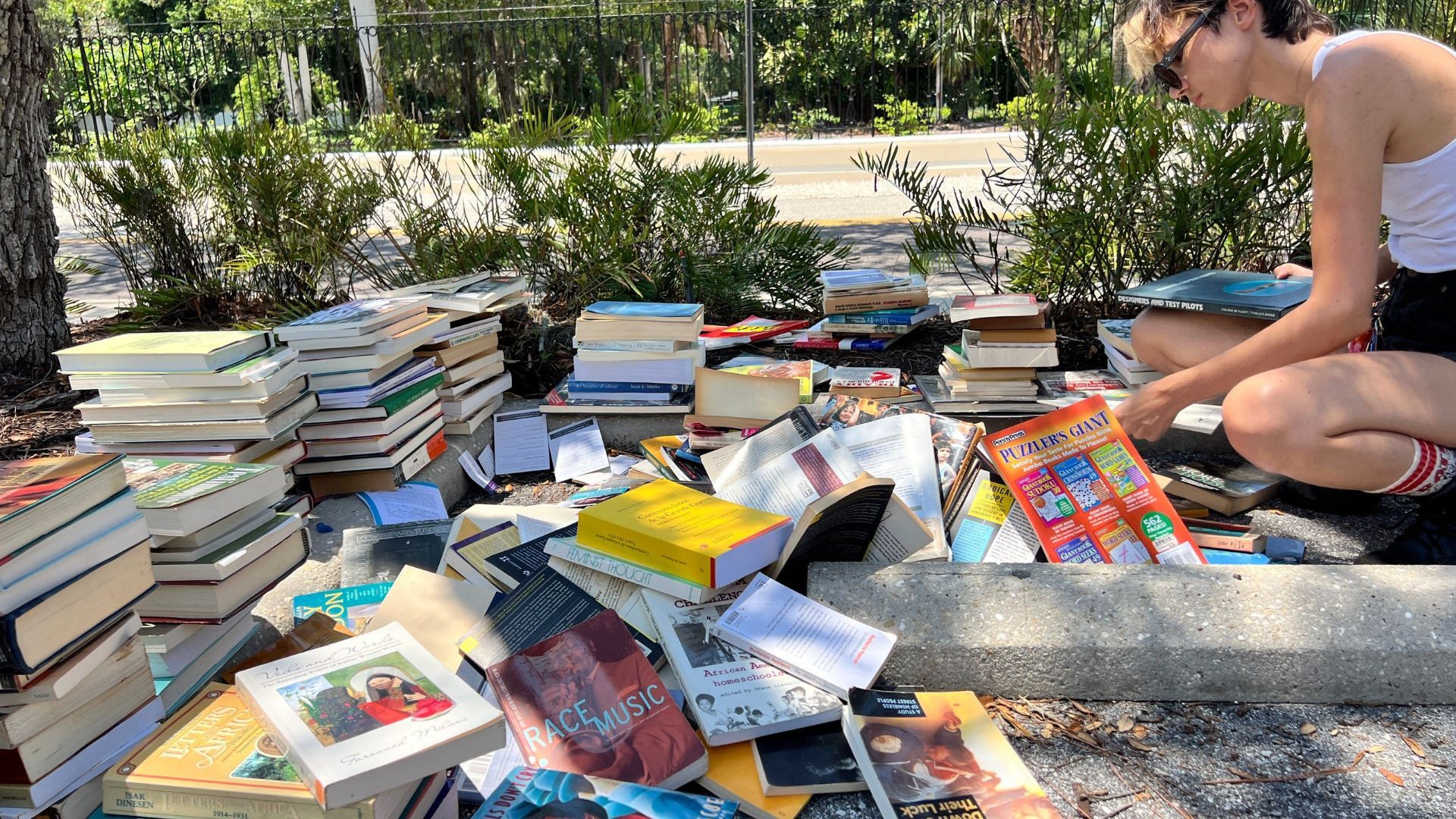
Peter Bromberg, co-chair of the Utah Library Association, said books that deal with issues like sexual assault can equip teenagers to talk about it.
Sexual assault affects thousands of girls in Utah year on year. “These books can help teens understand that they’re not alone. It might give them the language and the ability to talk about what happened to a trusted adult,” said Bromberg.
High Stakes for Libraries
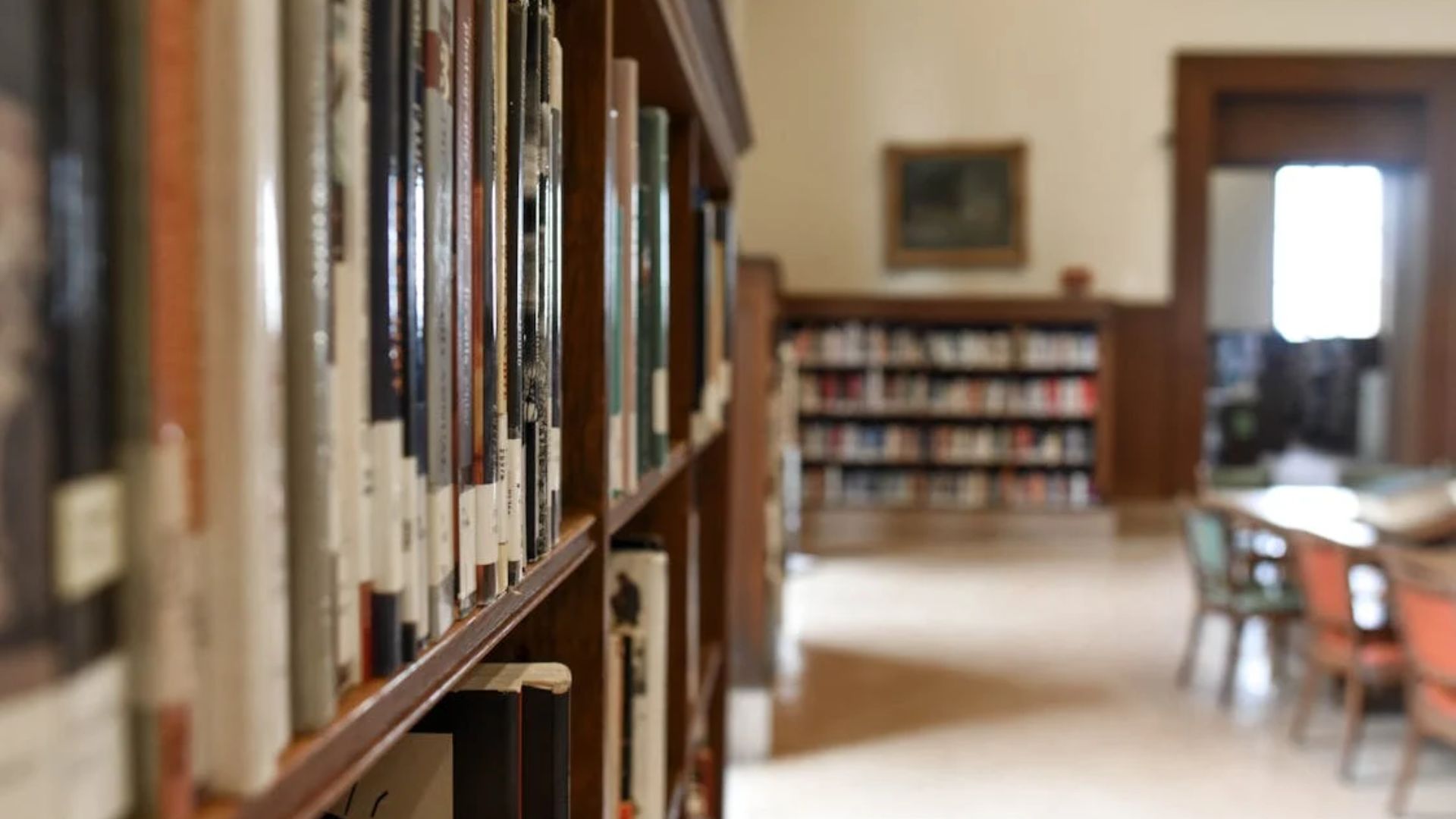
H.B. 29 and H.B. 374 stopped libraries from taking a holistic approach when evaluating which books belong in public libraries. These bills put Utah libraries in a legal bind.
Cummings said: “It basically put school teachers or school librarians in the position of having to decide which potential lawsuit they wanted to defend. Are they going to uphold federal law that says the work has to be taken as a whole or are they going to uphold state law that says if any of these things are in it, you have to pull the book?”
Dark Day for Utah
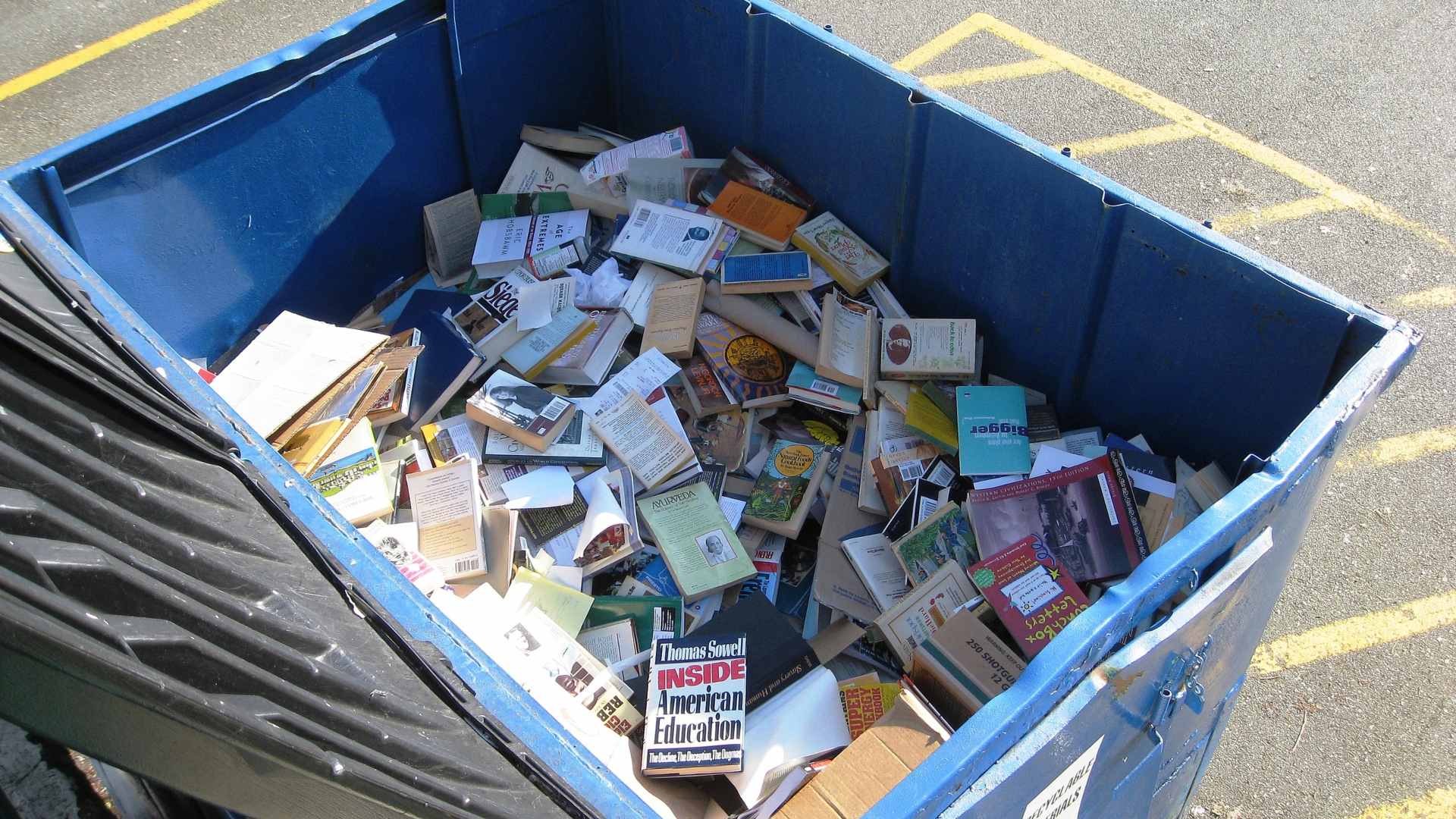
Freedom to Read Program Director Kasey Meehan of PEN America slammed what she saw as “vague” implementation guidelines that will “undoubtedly result in dumpsters full of books that could otherwise be enjoyed by readers.”
“It is a dark day for the freedom to read in Utah,” said Meehan.
A Nationwide Problem

Utah is not the only state that has introduced more stringent book bans.
In 2023 alone, more books were banned in U.S. schools and libraries than in any other year since records began, according to the ALA. Book ban legislation has also passed in Illinois. South Carolina has also banned books under similar legal arguments to Utah.
